Welcome to our blog
Explore Rabbit at Home’s blog for expert tips, care guides, diet charts, and advice on what your rabbit loves. Everything you need to keep your furry friend happy and healthy!
-
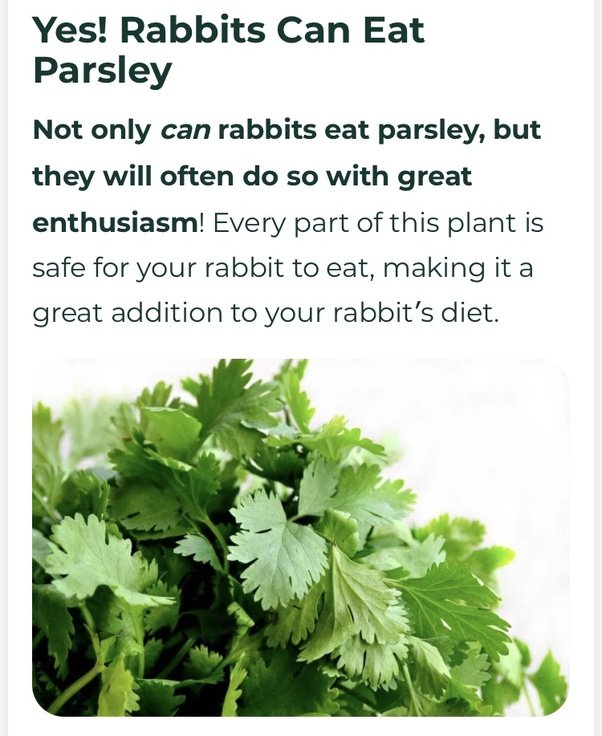
Can Rabbits Eat Parsley? Essential Tips for Rabbit Owners
Yes, rabbits can eat parsley. It is safe and nutritious for them in moderation. Parsley offers various health benefits for rabbits. It provides essential vitamins like Vitamin A, Vitamin C, and Vitamin K. This leafy green also contains important minerals such as calcium and iron. Rabbits enjoy the taste and texture of parsley, making it…
-
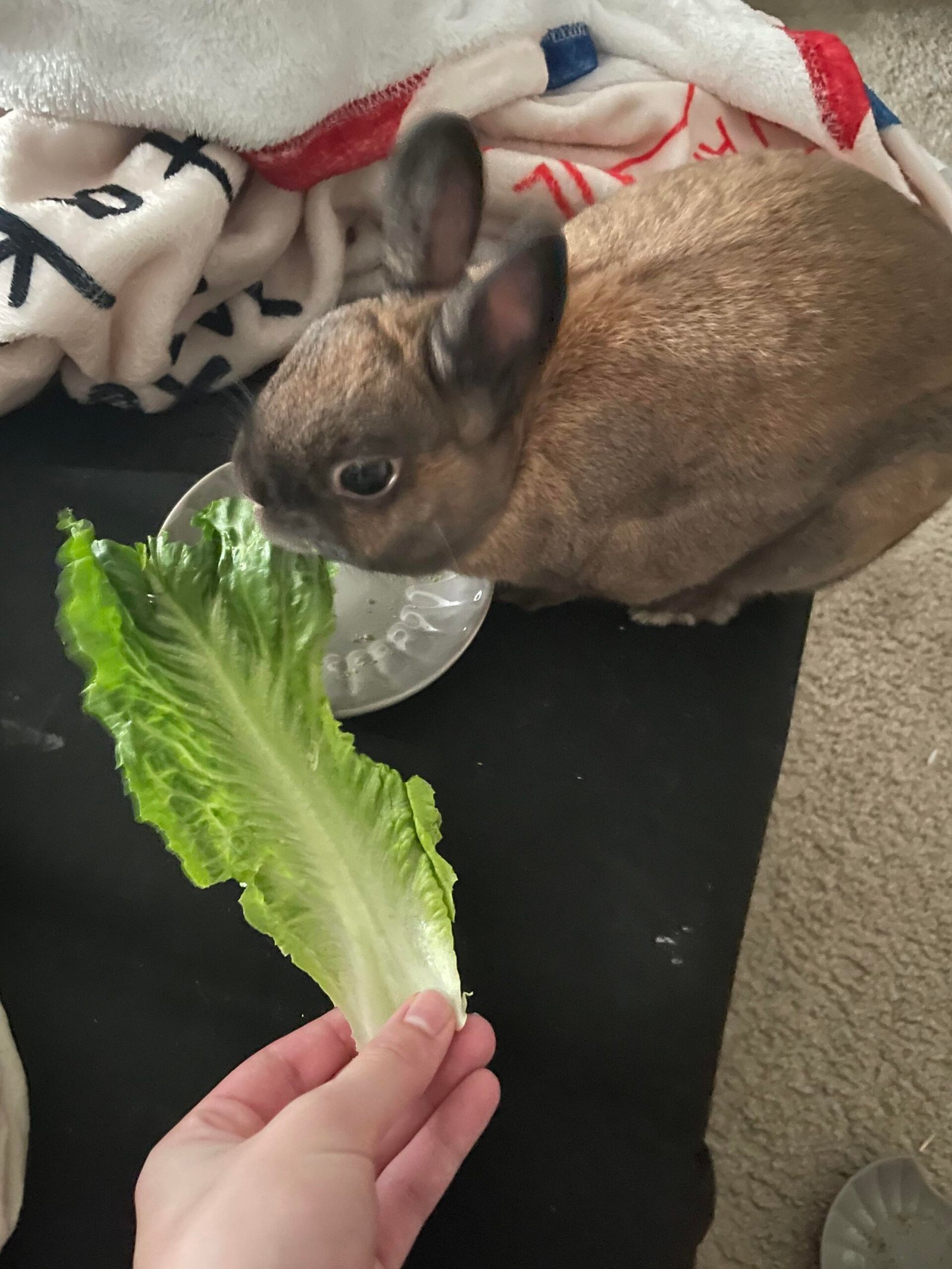
Can Rabbits Eat Romaine Lettuce? Vet-Approved Tips
Yes, rabbits can eat romaine lettuce. It’s a safe and healthy option in moderation. Rabbits thrive on a balanced diet, primarily consisting of hay, fresh vegetables, and pellets. Romaine lettuce serves as a crunchy treat that many rabbits enjoy. It is low in calories and high in water content, making it an excellent choice for…
-
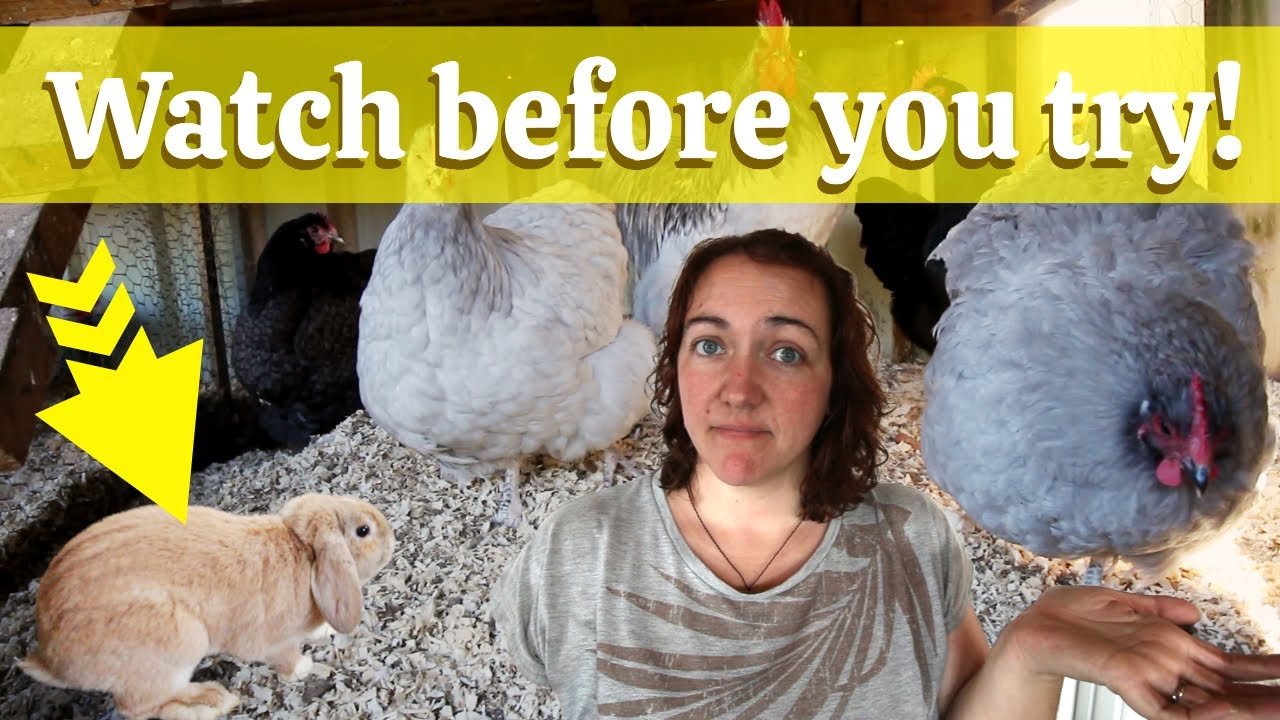
Can Chickens And Rabbits Live Together: Essential Tips & Insights
Chickens and rabbits can live together, but certain conditions must be met. Their safety, health, and comfort must be ensured. Chickens and rabbits can coexist in the same space, but careful planning is essential. Both animals have different needs and behaviors, which must be accommodated to avoid stress and injuries. Chickens can be aggressive and…
-
Can Ducks and Rabbits Live Together? Harmony Tips
Ducks and rabbits can live together, but careful management is essential. They have different needs and behaviors that can lead to stress or harm. Ducks and rabbits are popular pets that can coexist in the right environment. Both animals have unique requirements, including space, diet, and social interactions. Ducks enjoy water and ample room to…
-
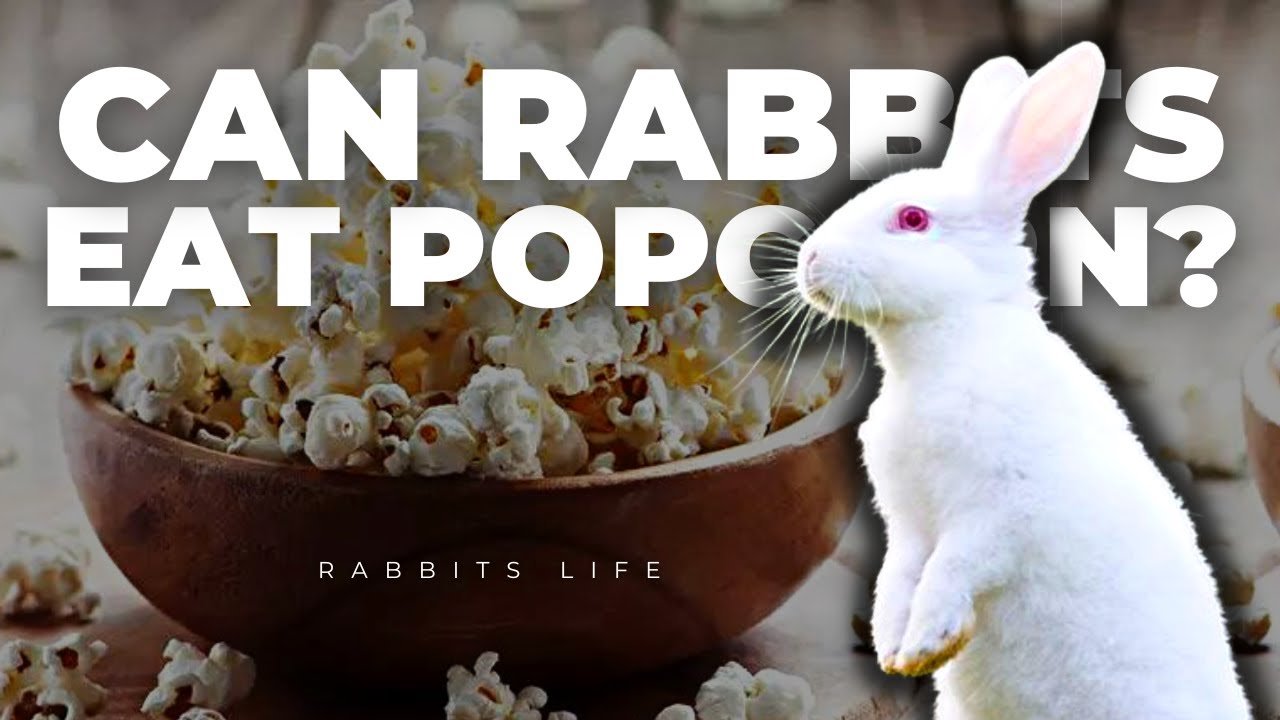
Can Rabbits Eat Popcorn? Vital Pet Diet Tips Revealed
Rabbits should not eat popcorn. It lacks nutritional value and can cause digestive issues. Rabbits are herbivores that thrive on a diet rich in hay, fresh vegetables, and pellets. Their digestive systems are sensitive, making it crucial to avoid harmful foods. While it may be tempting to share snacks like popcorn, doing so can lead…
-
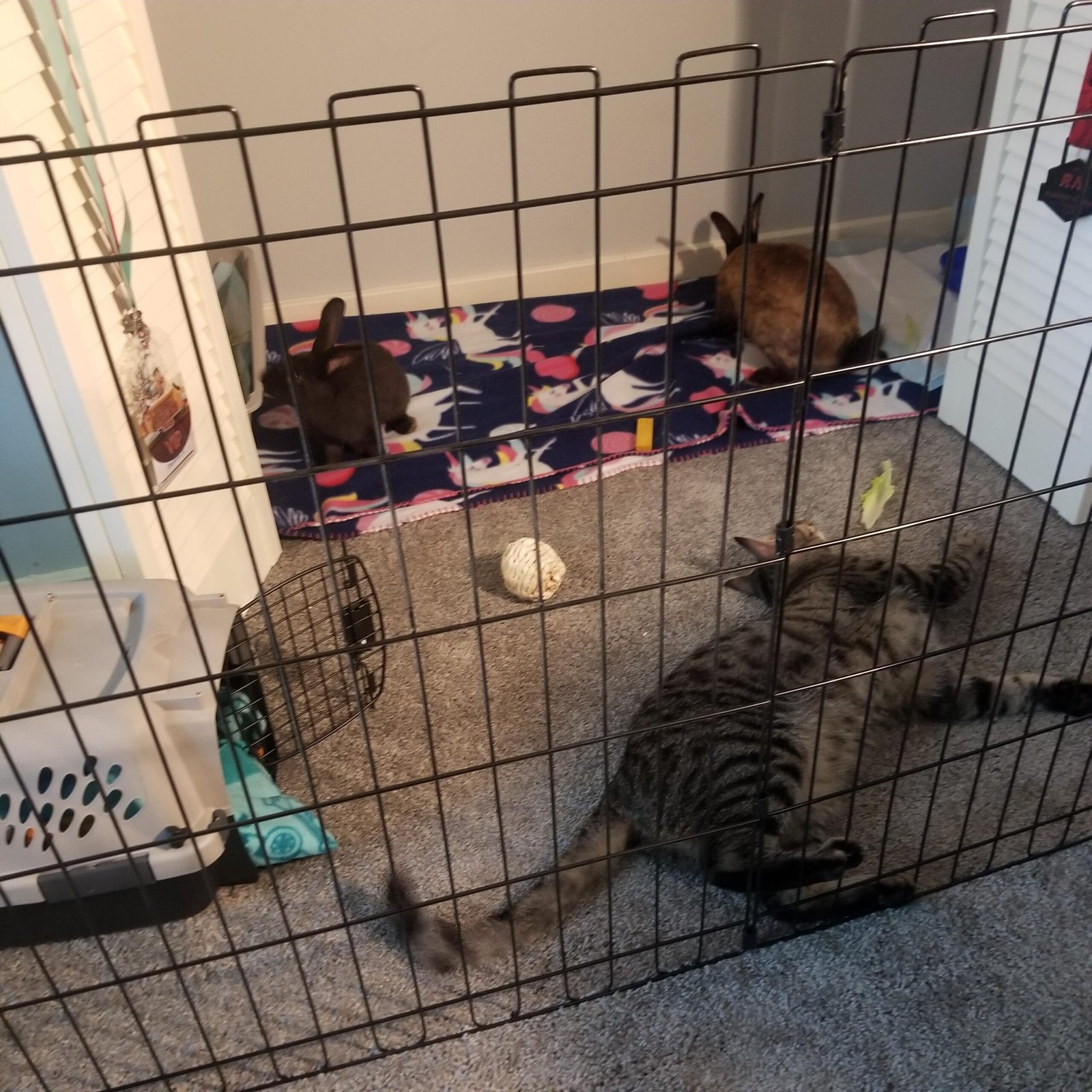
Can Cats And Rabbits Live Together: A Harmonious Coexistence Guide
Cats and rabbits can live together, but supervision and proper introduction are essential. Their compatibility depends on individual temperaments. Cats and rabbits are popular pets, but their coexistence requires careful management. Proper introduction and supervision are crucial to ensure harmony. Cats have a natural hunting instinct, which can pose a threat to rabbits. On the…
-
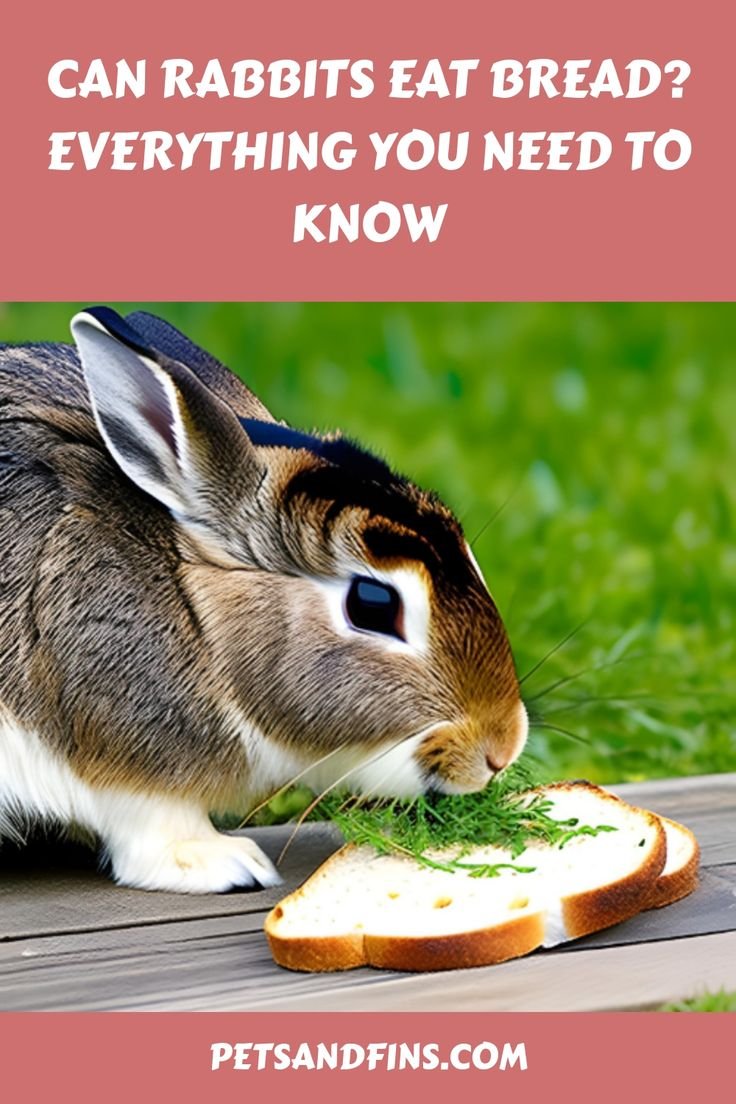
Can Rabbits Eat Bread: The Ultimate Guide to Safe Rabbit Diet
Rabbits should not eat bread. It lacks essential nutrients and can cause digestive issues. Rabbits thrive on a diet rich in hay, fresh vegetables, and a small number of pellets. Bread offers little nutritional value and may lead to gastrointestinal problems. The high carbohydrate content in bread can disrupt a rabbit’s digestive system, leading to…
-
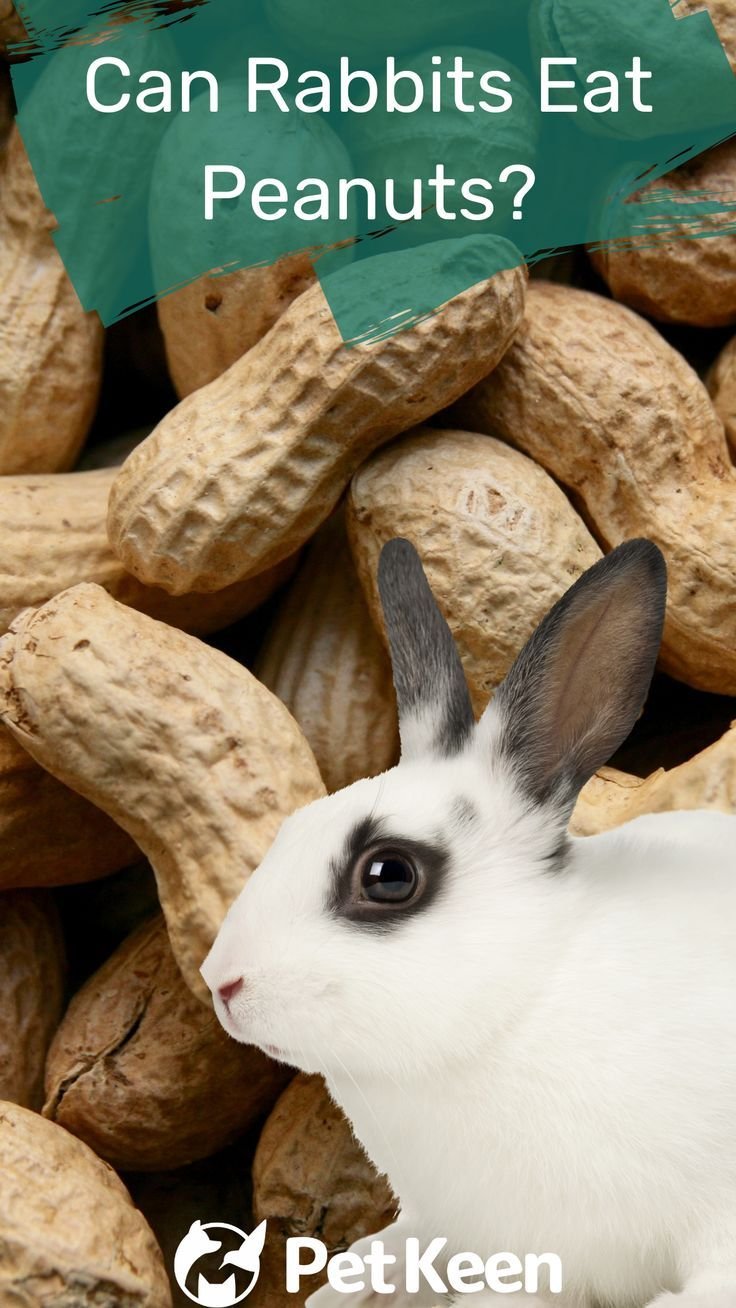
Can Rabbits Eat Peanuts? Nutritional Facts Unveiled
Rabbits should not eat peanuts. Peanuts can be harmful due to their high fat content and potential for choking. Rabbits are popular pets known for their playful nature and unique dietary needs. As herbivores, they thrive on a diet rich in hay, fresh vegetables, and pellets specifically designed for rabbits. Owners often wonder about introducing…
-
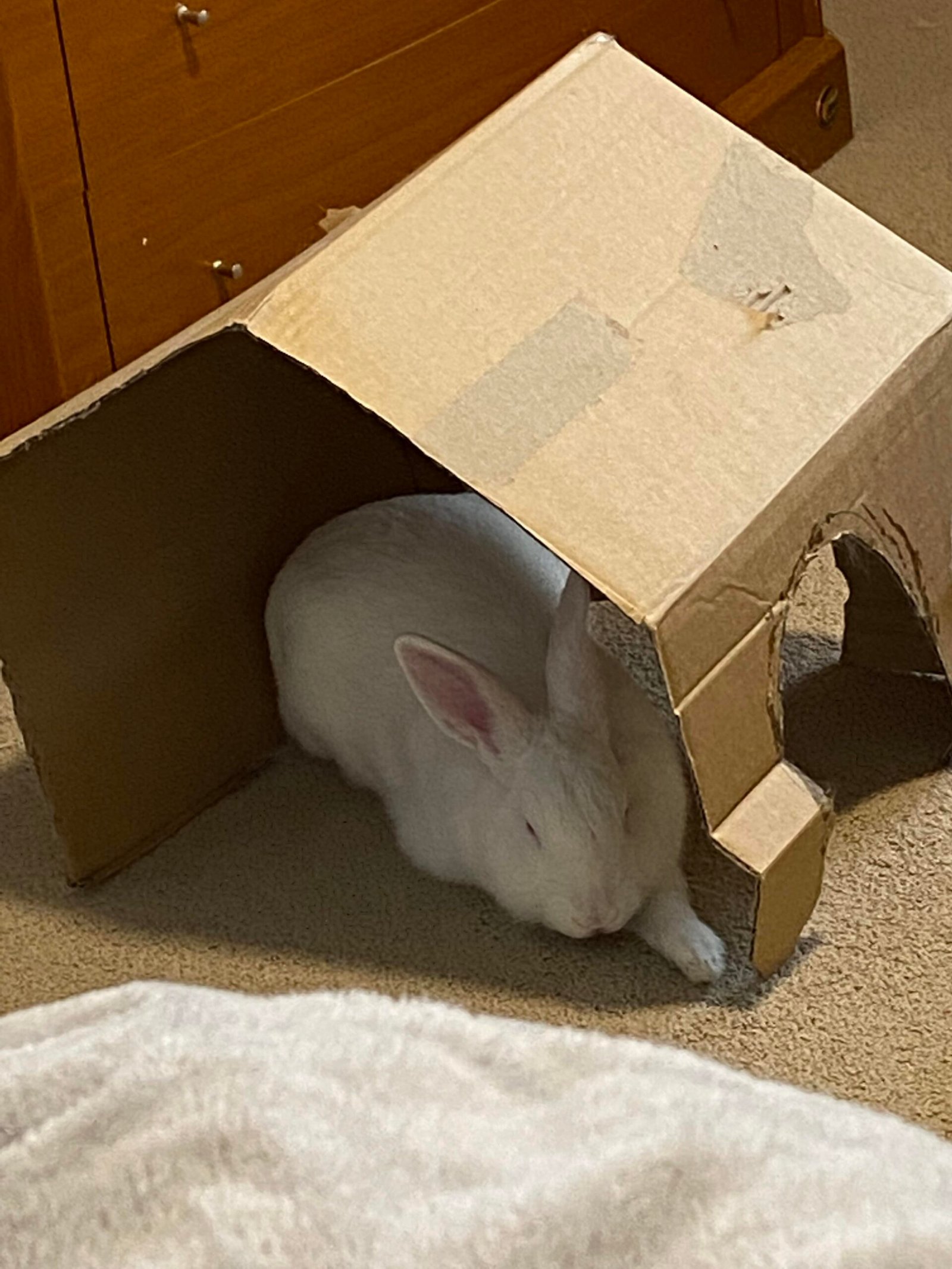
Can Rabbits Chew Cardboard?: Safe Practices for Pet Owners
Yes, rabbits can chew cardboard. It is generally safe but should be free of ink and staples. Rabbits have an innate need to chew due to their continuously growing teeth. Cardboard provides a safe and satisfying chewing option. Make sure the cardboard is clean and free from harmful substances. Chewing helps keep their teeth healthy…
-
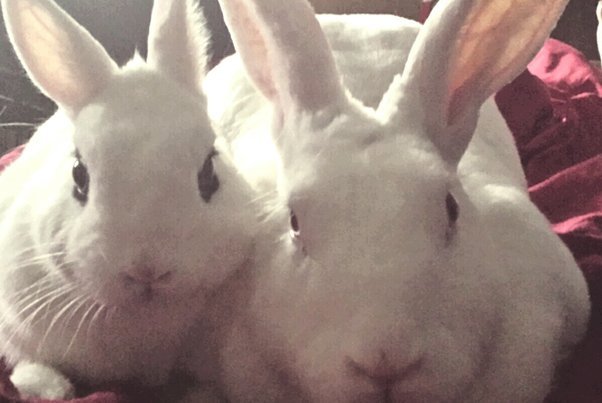
Can Two Female Rabbits Live Together?: Harmonious Hutch Tips
Yes, two female rabbits can live together. Successful cohabitation depends on proper introductions and ample space. Rabbits are social creatures that thrive in pairs or groups. Female rabbits, when bonded correctly, can form strong friendships. This companionship can reduce loneliness and promote better mental health. However, introducing two females requires careful planning and patience. Each…
